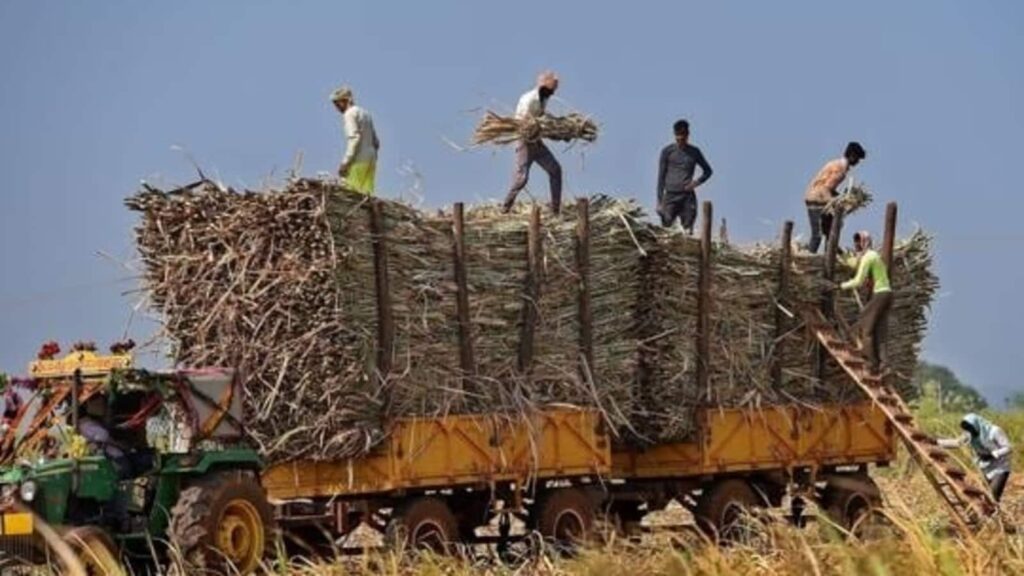Haryana and farmers demanding minimum support price (MSP) for sunflower seeds have reached an interim agreement. According to the preliminary pact, the state government will make up the difference between the market price and MSP from its Bhavantar scheme. For now, unions have lifted a 31-hour-long blockade of a key Delhi-Chandigarh highway and called off the stir. As noted by this newspaper, one of the reasons for the protest were the crash in sunflower seed prices in the past year, a part of a larger moderation in oilseed prices. This naturally hurt a state that is the country’s second-largest producer of sunflower seeds.
India’s MSP regime, a remnant of the food-deficient 1960s, acts as a safety net for cultivators and spans 24 major crops. Yet, the real rub of the system lies not in the support prices (most of which are notional in nature) but in government procurement, which largely happens for rice and wheat, and in a handful of key states. This year, too, the Commission for Agricultural Costs and Prices announced a price of ₹6,760 per quintal of sunflower seeds, an attractive proposition in a market where prices are otherwise dipping. Hence, the protest was largely designed to ensure procurement in sufficiently large quantities. But two questions remain – one, how much of this procurement can one state ensure, when the procurement of sunflower seeds in volume terms has not crossed 3% of the total national production in a decade? And what does such an assurance mean for the future of the MSP system that has been hailed for helping ensure food security but also been blamed for incentivising food grain over other crops, causing imbalances of water and land resources, and distorting the subsidy regime?
Enjoy unlimited digital access with HT Premium
Subscribe Now to continue reading


